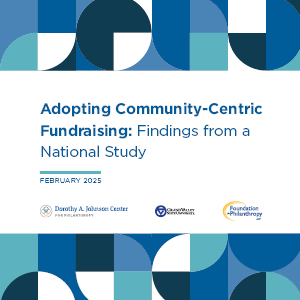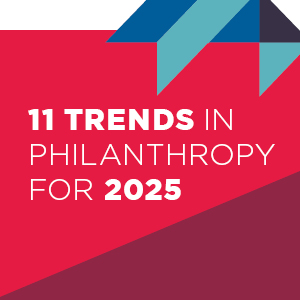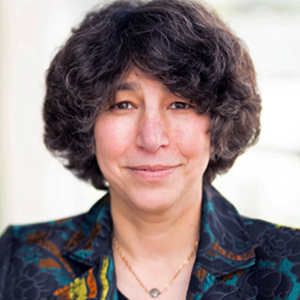Aaron Yore-VanOosterhout, Ph.D.
Research Manager, 2017–2024
Get to know the current Johnson Center team members.
Aaron Yore-VanOosterhout served as a research manager at the Johnson Center from 2017 to 2024. His work included collaborating with organizations providing housing to people experiencing homelessness, educators and administrators at K–12 schools, and universities providing postsecondary education in prison, among many others.
Aaron has a doctorate in history from Michigan State University, with a focus on race, mutual-aid societies, and anti-state rebellion in 19th-century Mexico. He also earned a bachelor’s degree in journalism and Spanish from the University of Notre Dame.
Related Articles
Wed November 13
Leaders across philanthropy, higher ed, and government are wrestling with the traditional use of recidivism as a marker of success, and are considering alternative measures.
Wed October 9
Michigan's task force improved data collection on racial disparities in COVID-19 to address systemic healthcare inequities.
Wed April 10
The Office of Management and Budget recently updated the way federal race and ethnicity data is collected — a great step forward for visibility of communities nationwide, but prompting significant concern for problems ahead.
In the Media













